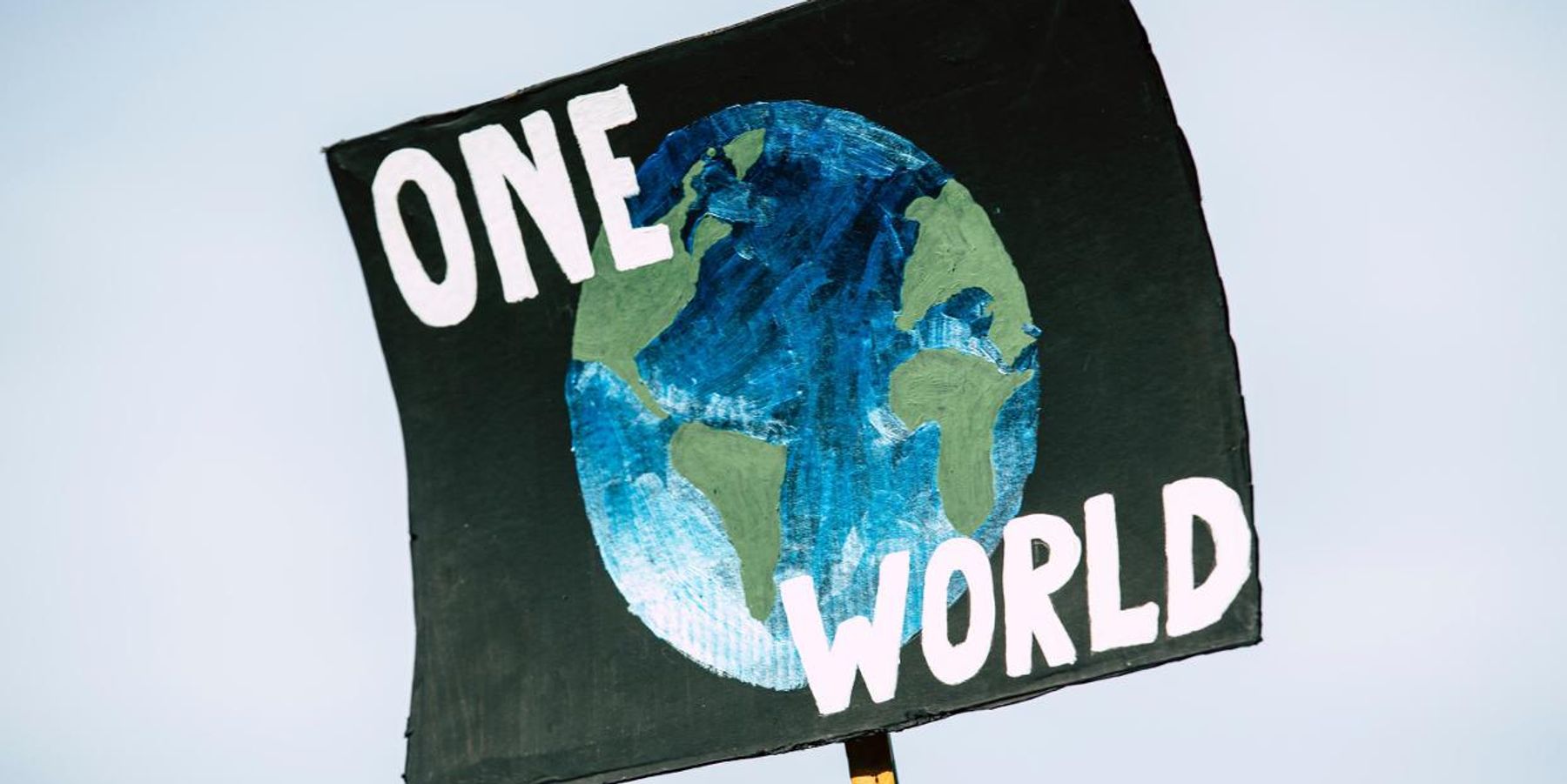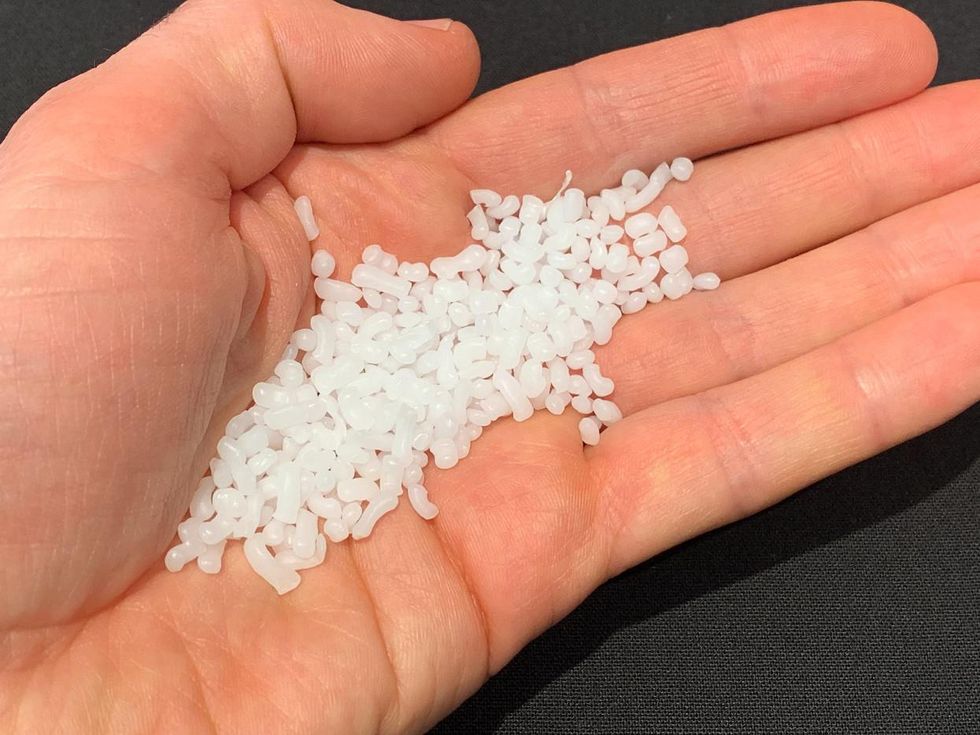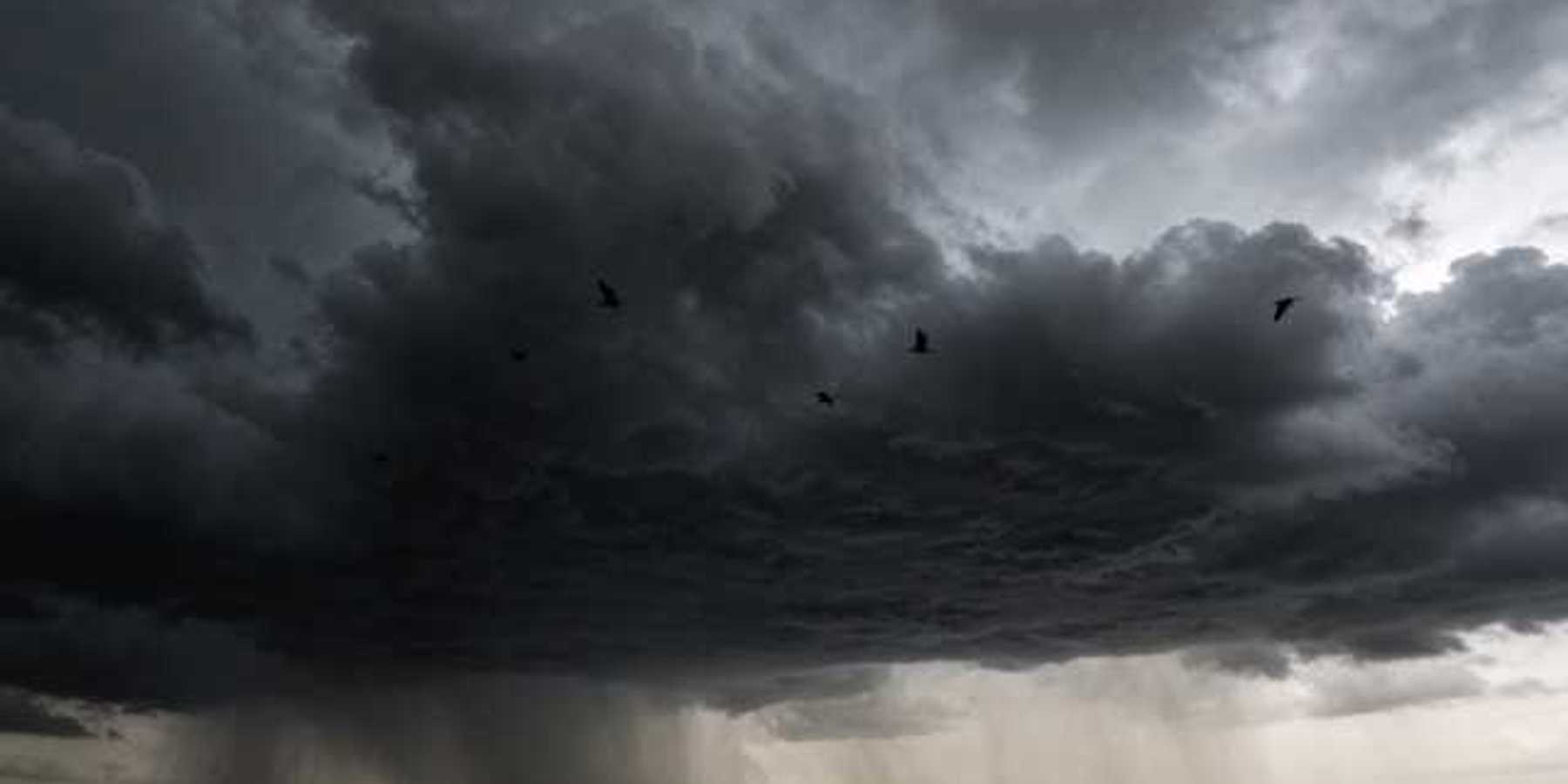
Climate change ... always a bridesmaid
The "Story of the Century" and its status in the news.
By 2050, many of climate change's worst projected impacts could be fully upon us—or fully upon our descendants.
The question is, will a half-century of sustained manmade upheaval ever dominate the top of the news?
I'm skeptical.
Worldwide, COVID-19 has had a lock on Top Story for a year now. In the U.S., two horrid mass shootings, one with strongly racist overtones, prompted a flurry of headlines, and a week of outrage, feigned or otherwise, about arming or disarming the populace.
Reporting on such stories is of course vital. But the press follows the public's attention span. In his long-awaited first press conference on March 25, President Biden fielded 10 questions from the White House Press corps. It was almost a no-brainer that climate change wouldn't make the cut. But wait a minute – neither did coronavirus. The shiny objets du jour included immigration, the filibuster, Afghanistan, China, and, of course, whether President Biden will run for a second term in 2024.
The liberal press watchdog group Media Matters for America issues annual tallies of press coverage of climate-related issues. They found 2020 was the sparsest year for climate coverage on U.S. commercial cable news since 2016. Granted, the presidential election and the COVID-19 pandemic sucked the oxygen out of newsrooms. But the record Atlantic hurricane season, and multiple other extreme weather items, failed to blow any back in.
Plastic problems

Plastic nurdles, the primary feedstock of plastic manufacturing. (Credit: Mark Dixo/flickr)
Climate's not the only perpetual bridesmaid.
The oil and gas industry is keen to remain Big Oil and Big Gas for a long time. They're taking out a one-word insurance policy: Plastics. Miles downstream from Pittsburgh on the Ohio River, a multi-billion dollar Shell Polymers plant will take the output of fracking and convert it to a million tons annually of "nurdles" -- the very stuff of life of plastics manufacturing. In Louisiana's "Cancer Alley" of more than 150 refineries and petrochemical plants, Formosa Plastics is running into stiff opposition from local environmental justice campaigners, and President Biden tagged the Formosa project as a poster child for environmental justice. They're arguing against a $9.4 billion construction project and the permanent factory jobs it would bring.
The moral of this part of the story: The plastics industry has for years been building a long-term environmental menace that could rival climate change; it too has little potential for the kinds of headlines that motivate politicians into action.
I haven't done a scholarly count on this, but I suspect that on TV and in social media during the last week of February, the kidnapping of Koji and Gustav received more national coverage than the staggering impacts of climate change or plastics. But our long national nightmare wrapped up its Top French Bulldog Story run on the first day of March, when K. and G. were returned to Lady Gaga. (Do you remember where you were when you hard the news?)
Plastics and the climate crisis aren't going away. When it comes to covering the fate of our planet, news organizations owe us all a little more.
Peter Dykstra is our weekend editor and columnist. Contact Peter at pdykstra@ehn.org or @pdykstra.
His views do not necessarily represent those of Environmental Health News, The Daily Climate, or publisher, Environmental Health Sciences.
Banner photo credit: Markus Spiske/Unsplash












